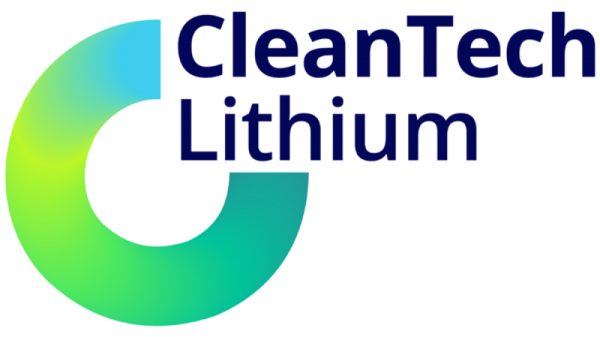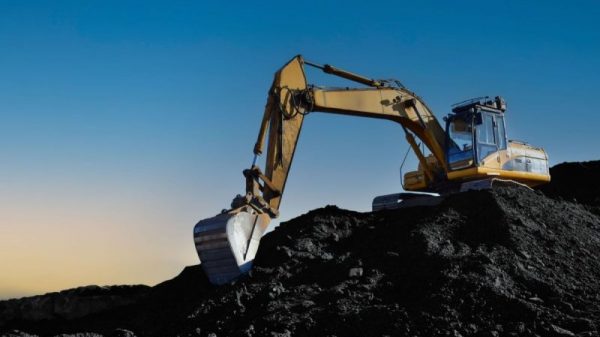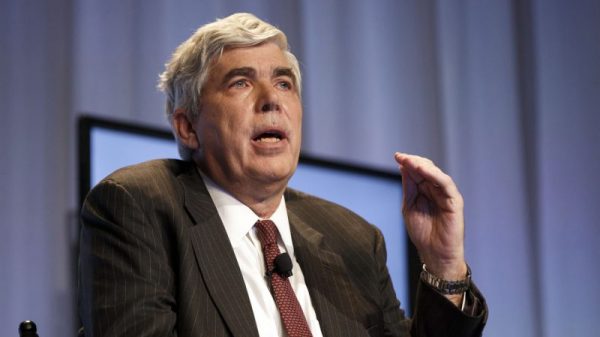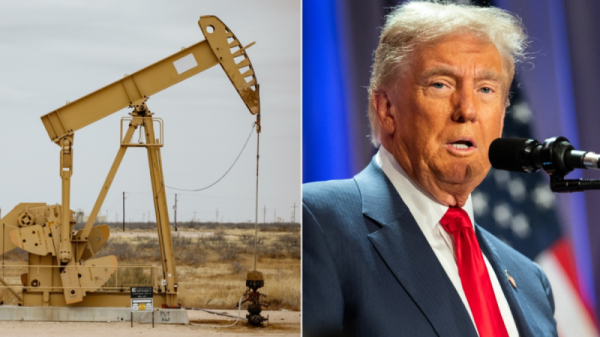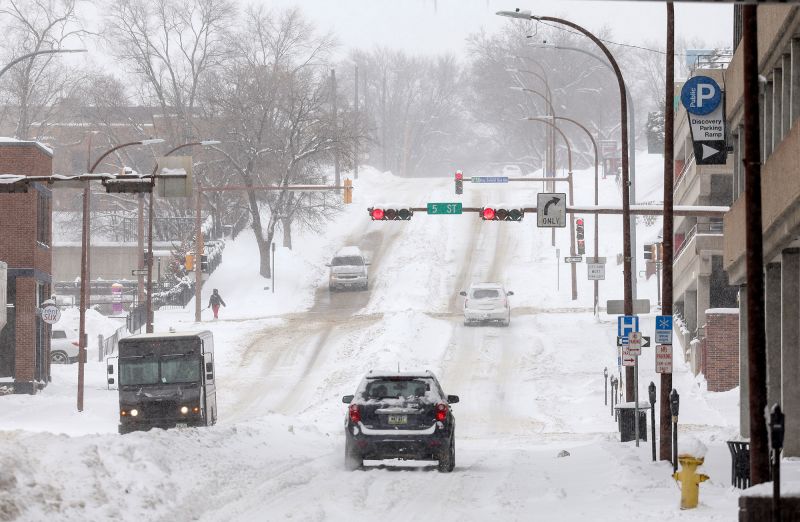After a summer of record-breaking heat, vast swaths of the United States are now grappling with extreme cold as a brutal Arctic blast brings snow squalls, deadly ice and life-threatening wind chills.
As unprecedented heat makes way for cold, it can provide fuel for climate-change deniers who point to freezing temperatures as evidence that global warming is overstated.
But scientists are clear: cold extremes will still occur even as winters warm overall.
Global heat records outpace cold records — 2023 was the hottest year on record by a huge margin. And even as the US struggles to cope with intense bursts of heavy snow now, over the long term, the human-caused climate crisis has led to an alarming trend of disappearing snow in the Northern Hemisphere.
Some scientists say that climate change may even be playing a role in these icy blasts, as warming in the Arctic increases the likelihood that frigid, polar air can sweep southwards.
What explains the cold?
Our weather is heavily influenced by the jet stream, a wavy river of fast-moving air high in the atmosphere.
When the jet stream swings south, it can push cold Arctic air into North America, Europe and Asia. When it retreats north, warm air will also push further north. A big high-pressure swing over Europe last January led to record warm winter temperatures.
There’s also another factor to consider: the polar vortex, a belt of strong winds which sits extremely high in the stratosphere – above the level of the jet stream – around the North Pole.
The polar vortex is like a spinning top. In its normal state it rotates very fast, keeping blisteringly cold air locked in the Arctic region. But it can get disrupted and knocked off course, becoming stretched and distorted, spilling out cold air and influencing the path of the jet stream.
It happened in 2021, bringing fierce cold to Texas, leading to nearly 250 deaths and knocking out power to large parts of the state.
This is where the link to climate change comes in. Some scientists believe polar vortex disruptions and changes to the jet stream are being driven by warming in the Arctic, which is heating up around four times faster than the rest of the planet.
The idea has been gaining traction since a 2012 paper by Jennifer Francis, a senior scientist at the Woodwell Climate Research Center in Massachusetts. It found that as the Arctic warms, the difference between the cold temperatures in the north and warm temperatures in the south is leading to a weaker, wavier jet stream, which pushes very cold air southwards.
Her much-debated paper kicked off more research into this developing area of science.
In 2021, Judah Cohen, a climatologist at Massachusetts Institute of Technology, published research which found rapid heating in parts of the Arctic, combined with high snowfall in Siberia, was making the jet stream more wavy and knocked the polar vortex off course.
The area of science remains very unsettled, however, and others have said the links between Arctic warming and cold snaps are far from clear.
While there have been a number of very cold Northern Hemisphere winters coinciding with warm Arctic winters, the difficulty is unpicking cause from effect, said James Screen, professor in climate science at Exeter University, whose own research concluded Arctic warming is not a trigger for colder winters.
Extreme cold snaps can be explained by normal climate variability, said Screen. In other words, even as winters get warmer, cold extremes will still occur.
And climate change can also influence the severity of winter storms, as a warmer atmosphere can hold more moisture leading to more intense rain or snow when it falls.
As scientists work to unravel complex links between climate change and periods of intense cold, all agree on one thing: the trend is for warmer winters.
“If you look at the data, we see that over the long term, global warming is leading to fewer and less severe cold extremes,” Screen said.
Nouran Salahieh and Allison Chinchar contributed to reporting


